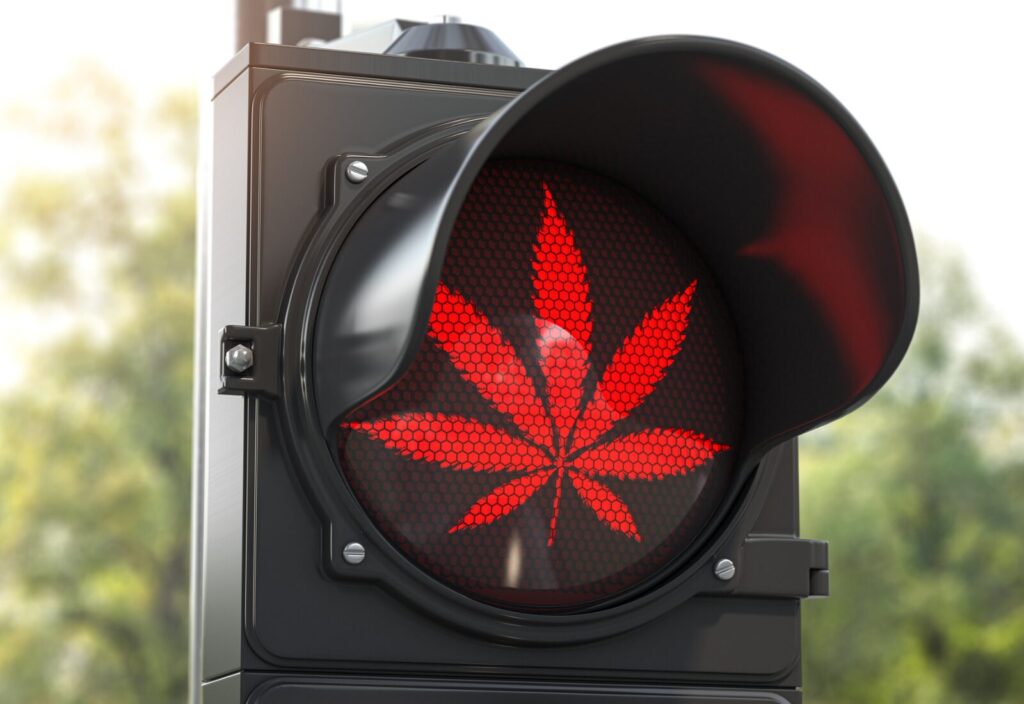
Whether you support them or not, intoxicating hemp products are probably not going to be around for much longer in their current form. States, municipalities, and even the federal government have begun a clampdown on these products. In no particular order, I’ll address a few reasons why the back half of 2024 will be a bad stretch for intoxicating hemp products.
First, let’s talk about Loper Bright Enterprises v. Raimondo, a 2024 US Supreme Court decision. Loper ended what’s often referred to as “Chevron deference.” To vastly oversimplify, Chevron deference required federal courts to defer to reasonable agency interpretations of ambiguous statutes, even if courts did not agree with those interpretations. With Chevron dead, courts will not be required to defer to agencies and courts can decide, on their own, whether an agency’s interpretation was within its statutory authority.
Ever since Loper was decided, there have been a million different theories on how it could affect the cannabis and hemp industries. [For the record, I agree with folks like Shane Pennington who argue that Loper will not affect rescheduling.]
When it comes to hemp though, Loper may in theory have more of an impact, as my colleague, Vince Sliwoski, argued prior to Loper‘s publication. That’s because the DEA
Read full article on HarrisBricken


